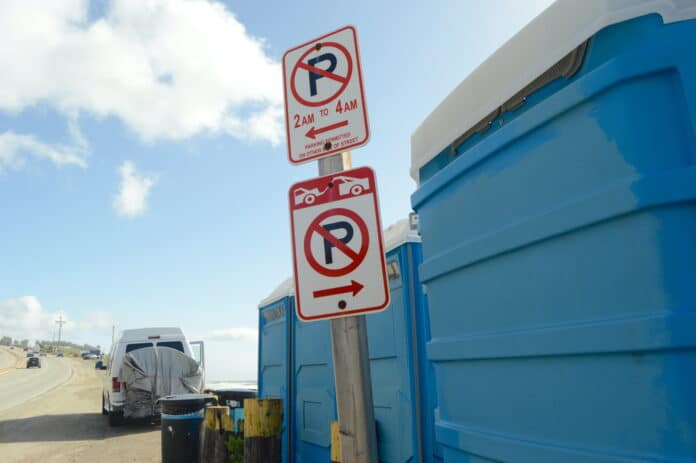
Malibu City Council voted to terminate the state of local emergency declared as a result of the risk of fires associated with individuals living unhoused and otherwise engaged in unpermitted and unregulated camping.
Adopt Resolution No. 23-01 ended Resolution No. 22-42, which was adopted in September 2022, declared the existence of a local emergency.
The original resolution was adopted during fire season when Malibu had experienced more than 17 fires attributed to unhoused individuals since the beginning of 2021.
Another contributing factor in the resolution was the live fuel moisture (LFM) levels in the month of September were at a concerning 63 percent throughout the Santa Monica Mountains. LFM is a key indicator of fire risk and an LFM of 60 percent or lower is considered critical, so to take preventative action the city voted on adopting the state of local emergency resolution.
California Government Code Section 8630 empowered the City Council to proclaim the existence of a local emergency which allowed the city to have more authority in battling the risk of fires created by the unhoused.
Public Safety Director Susan Dueñas explained that the state of local emergency permitted the city temporary powers to protect life and property in a time of extreme peril.
“You’re basically given powers to move mountains in order to address a situation,” Dueñas said. “You can suspend regulatory rules, commandeer private property, make expenditures from any available funds; these are extraordinary abilities.”
She said the state of local emergency also allowed for the city to receive aid from the county’s Sheriff Department and LASD Homeless Outreach Services Team (HOST) .
Dueñas explained that the powers given to the city by Government Code Section 8630 are not meant to be in place all the time.
The code section requires the governing body to proclaim the termination of the local emergency at the earliest possible date.
Due to rain over the last months of 2022, the LFM in the Santa Monica Mountains improved to 74 percent in December and is expected to improve after rain throughout January.
Interim City Attorney Trevor Rusin said it was the appropriate time to terminate the state of local emergency.
“The proper action is to terminate when the emergency conditions have terminated,” Rusin said. “They were based here on moisture levels in the city and with the addition of rain I believe that is why staff put this on here.”
The vote to end the termination of the local emergency passed with a vote of 4-1 with the only vote against the decision coming from Mayor Bruce Silverstein.
Silverstein said he believes the risk to warrant a local emergency remains year-round, despite moisture levels.
“I believe we live in a perpetual state of fire emergency in Malibu, 24/7 365 days a year, and the fire department agrees with us by designating every inch of Malibu as a very high fire severity zone,” Silverstein said.
He explained that the sheriff’s department was effectively mitigating the risk of fires from the unhoused during the period of local emergency.
“The existence of encampments of unhoused people living unregulated has been a source of many fires over the past few years and are a major danger, so I believe that declaration is appropriate year round until Cal Fire changes its view about the fire danger,” Silverstein said.
Dueñas said the city will continue to monitor moisture levels and anticipates the city could declare a local emergency once again as fire season returns.
“We’re going to be establishing a policy that outlines it a little bit better so we have a trigger based on something like the last one when the LFM hits 65 percent and is expected to go lower to like 60 percent,” Dueñas said.
She said she hopes the policy will help create a window of time where the city can further their authority to protect residents and property but not abuse power throughout the year.
“An emergency declaration is not meant to be an ongoing thing,” Duenas said. “It’s only meant to be used temporarily to address the immediate life safety issues at hand. I don’t think anyone wants their local government to continually have the power to bypass rules.”
